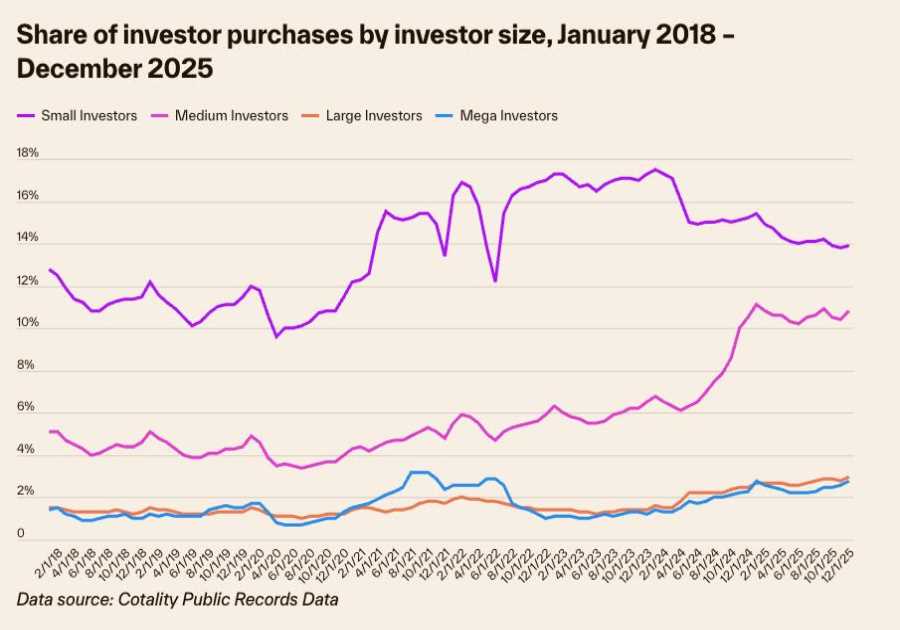Couples without children are often assumed to have it easier—more time, more flexibility, and fewer responsibilities. Yet recent research suggests the opposite: many no-kid couples are actually experiencing higher stress levels than parents. Between demanding jobs, constant digital connection, and social pressure to “make the most” of their freedom, burnout is creeping into lifestyles that were once considered carefree. The irony is that the very independence many couples value is also what fuels their exhaustion. Understanding why these pressures are growing can help couples protect their mental health and regain balance before stress takes control.
1. The Pressure to Be “Always On”
Without kids, many couples feel obligated to be fully available—to their jobs, their friends, and even to each other. The lack of built-in family boundaries often means longer work hours, more weekend commitments, and less rest. Unlike parents, who have structured family routines, child-free couples frequently feel guilty taking downtime. Over time, this constant state of activity leads to higher stress levels and emotional fatigue. Learning to disconnect intentionally can help restore energy and focus.
2. Work-Life Boundaries Disappear Faster
Many no-kid couples throw themselves into their careers, and while ambition is admirable, it can quickly spiral. With no external demands forcing breaks—like school pickups or bedtime routines—work hours expand without notice. This creates an unspoken competition between partners to stay productive and successful. What starts as shared motivation often turns into shared exhaustion. Establishing boundaries around work and personal time can prevent these higher stress levels from becoming the new normal.
3. Social Comparison Creates Hidden Pressure
In the age of social media, couples without kids often feel a subtle pressure to prove their happiness. Posts about exotic trips, fine dining, and thriving careers can hide underlying burnout. Constant comparison to others’ lifestyles feeds a cycle of “doing more” instead of simply being content. Unlike parents, who can justify slowing down for family priorities, child-free couples sometimes feel judged for choosing rest. Recognizing that fulfillment looks different for everyone is key to breaking this cycle of higher stress levels.
4. Financial Expectations Are Heavier
With two incomes and no dependents, couples often face external and internal pressure to excel financially. There’s an assumption that they should own property, save aggressively, and invest more than their peers. While financial discipline is important, these expectations can morph into constant anxiety about progress and performance. The line between ambition and obsession becomes easy to cross when both partners push too hard. Redefining success beyond income and assets helps lighten this mental load.
5. Loneliness Can Sneak In
Couples without kids often underestimate how much structure children provide to a social life. Parents connect through school events, sports, and shared community experiences, while no-kid couples may struggle to maintain friendships as others move into different life stages. Over time, the social gap can widen, creating feelings of isolation even in strong relationships. Without built-in social circles, it takes intentional effort to maintain connection. Loneliness, if ignored, can amplify higher stress levels and strain emotional well-being.
6. Overcommitment Replaces Rest
Without childcare responsibilities, couples often feel obligated to fill every free moment with activities, travel, or personal projects. While these pursuits sound positive, they can leave little room for genuine relaxation. Overcommitting can become a form of self-imposed pressure, disguised as productivity or adventure. Many couples realize too late that they’ve traded peace for constant motion. Scheduling unstructured time can be just as important as scheduling vacations.
7. Relationship Roles Blur Under Stress
When both partners are busy, the division of household and emotional labor can get messy. Without kids to create a clear need for shared routines, responsibilities often shift unevenly without discussion. Over time, this imbalance leads to frustration, especially if one partner feels they’re “carrying” the relationship. These silent stressors contribute to resentment and communication breakdowns. Regular check-ins about expectations can reduce tension and rebuild mutual understanding before higher stress levels take over.
8. The “Freedom Trap” Backfires
Ironically, the freedom that no-kid couples enjoy can become a trap. With endless possibilities—travel, side hustles, hobbies, and social opportunities—it’s easy to overextend. Instead of feeling liberated, many couples end up overstimulated and restless. The desire to maximize every opportunity often replaces the satisfaction of simply living. Embracing stillness can help couples appreciate freedom without letting it morph into pressure.
9. Unspoken Fears About the Future
Even couples who confidently choose not to have kids face occasional “what if” moments. Concerns about aging, care in later life, and long-term companionship can quietly add emotional weight. These fears aren’t always openly discussed, making them more stressful over time. Preparing financially and emotionally for the future—through planning, community, or mentorship—can turn uncertainty into empowerment. Facing these realities together reduces hidden anxiety and brings clarity.
10. Burnout Isn’t Recognized Until It’s Too Late
Because no-kid couples often appear successful and stable, burnout tends to go unnoticed. Without obvious stress markers like parenting fatigue, it’s easy to dismiss signs of emotional exhaustion. Over time, irritability, sleeplessness, and disconnection start to erode quality of life. Recognizing and addressing burnout early—through therapy, breaks, or lifestyle changes—can prevent deeper consequences. Admitting that higher stress levels exist isn’t weakness; it’s the first step toward genuine balance.
Redefining Peace Without Needing Permission
Couples without children don’t need anyone’s permission to slow down, rest, or redefine what success looks like. Recognizing that higher stress levels come from social and self-imposed expectations helps you take back control of your time and energy. True balance isn’t about doing everything possible—it’s about choosing what matters most. When both partners commit to calm over chaos, life becomes richer, not smaller. Peace of mind is the ultimate reward for learning when to pause.
Do you think couples without kids face higher stress levels than parents? How do you manage your work-life balance? Share your thoughts below!
What to Read Next…
Why Couples Without Kids Burn Out Faster Than Families
9 Surprising Perks of Being a DINK Couple in an Inflation-Heavy Economy
10 Lifestyle Hacks Couples Use to Keep Work and Pleasure Balanced With No Offspring
14 Things You Should Always Do to Maintain Your Mental Health
12 Relationship Check-Ins That Work When You’re Not Raising Children
------------Read More
By: Catherine Reed
Title: Why No-Kid Couples Are Facing Higher Stress Levels Than Parents
Sourced From: www.dinksfinance.com/2025/11/why-no-kid-couples-are-facing-higher-stress-levels-than-parents/
Published Date: Wed, 19 Nov 2025 14:30:42 +0000
Did you miss our previous article...
https://trendinginbusiness.business/finance/app-development-bookkeeping
.png)





